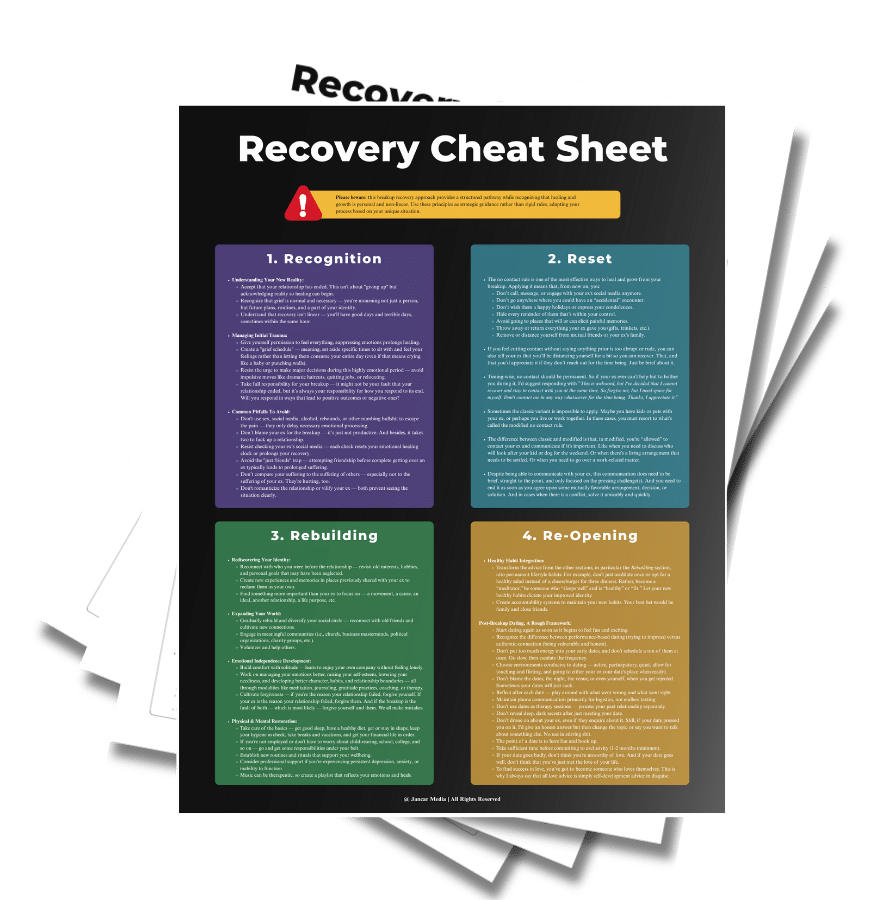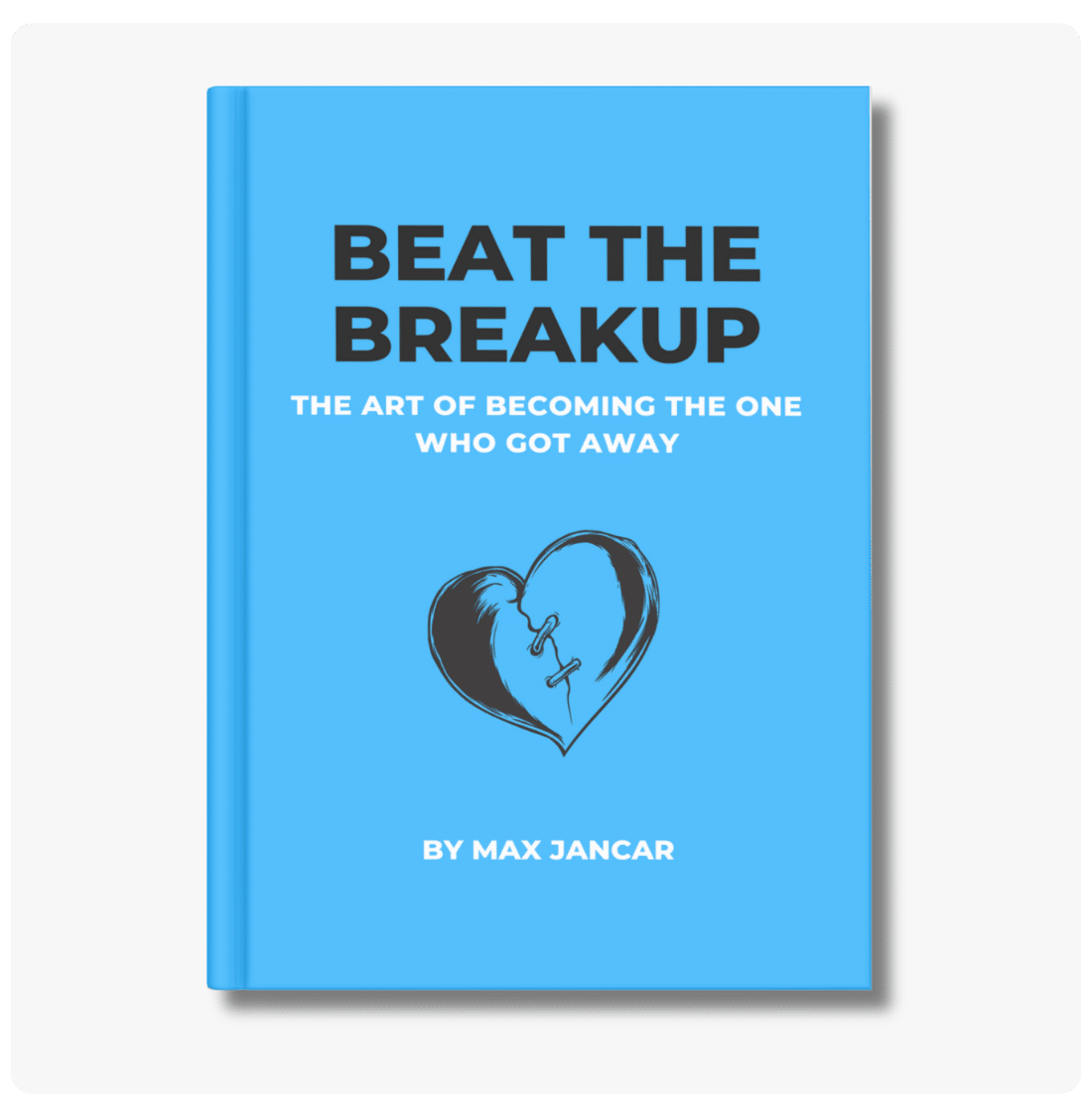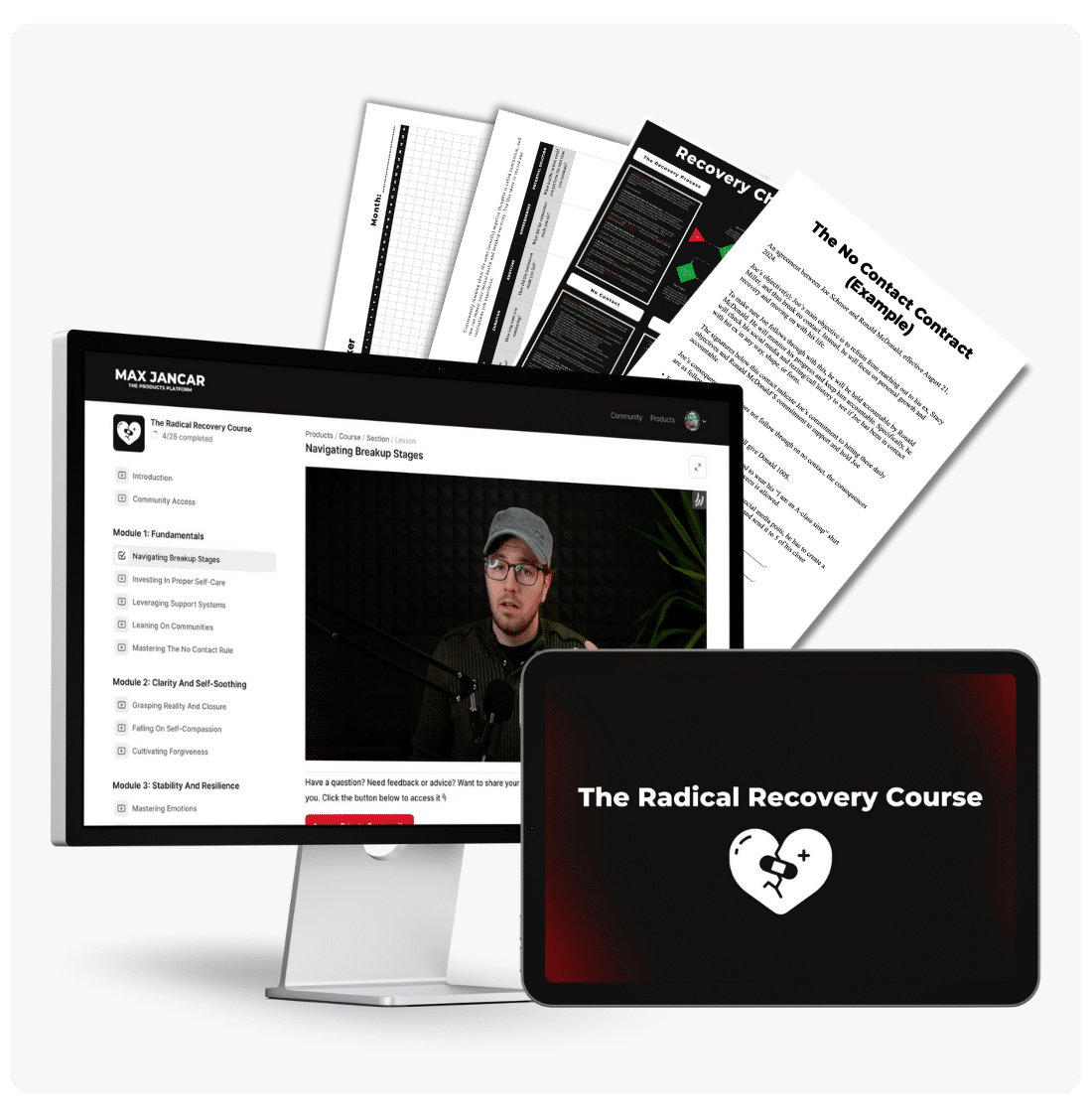Click play to listen to this article.
Cheryl Strayed was born in late 1968 in Pennsylvania. Throughout her life, she endured many traumatically painful adversities that few of us will ever face: severe poverty, sexual and physical abuse, violent family drama, drug problems, and living in near-constant fear of the future.
And as if that weren’t enough, the particular events of Cheryl’s life wouldn’t make it any easier for her either.
She spent her childhood living in a dingy, handmade house without running water or electricity on 40 acres of land. She endured a father who physically abused her and her mother. She was raped by her grandfather at the age of three. And to top it all off, when she turned 22, she became an orphan — one who tried to escape her pain with travel and heroin.
Cheryl Strayed has seen it all. Yet, despite her struggles, she went on to become a New York Times bestselling author, renowned podcast host, political activist, and a voice of hope for millions of trauma survivors worldwide.
What’s most impressive about Cheryl, however, is not her career but how she turned her pain into growth. She even went on to publicly declare that her suffering made her a more well-rounded, compassionate, and resilient person and that she’s grateful for it.
At this point, you might be thinking whether or not pain is a good thing. Obviously, it’s not. Pain in and of itself is horrible. But the aftermath of pain can be — and 90% of the time is — a source of personal growth. (1)
Numerous studies show how traumatized victims experience various positive changes in their lives following adversity — changes like more fulfilling relationships, higher self-esteem, an updated value structure, and a beneficial shift in their entire life philosophy.
But not all traumatized victims grow in the same way. Some don’t experience any positive changes in their lives for years, while others experience them in just months following a horrific event.
The extent to which a person grows after pain boils down to two components: personality factors such as emotional stability, openness, self-esteem, optimism, problem-solving skills, and acceptance; and the narrative a person constructs around their adversity and the world. (2) (3)
So the more developed your personality factors are, and the more you believe that your suffering is something that can be overcome (and that the world isn’t all bleak), the higher your likelihood for growth after adversity — for growth after your breakup.
Based on these scientific findings, here are seven ways of growing from your pain.
A guide to breakup recovery based on embracing discomfort, extracting wisdom from dark moments, and healing through evidence-based practices.
Order Your Copy1. Ask Better Questions
Most breakup survivors groan about how life’s not fair and ask prosaic and stifling questions such as, “Why does this happen to me?” “This isn’t fair.” “Why do I have to suffer?” or “How did I let this happen?”
Unsurprisingly, this type of self-inquiry doesn’t promote recovery, nor does it contribute to personal growth and well-being. The only thing it does is insert you into a victim mentality, envelop you in misery, and promote self-belittlement and criticism.
But does that mean that we should eliminate negative self-inquiry? No, of course not. The more you try to obstruct involving yourself in negative self-inquiry, the more it will prevail.
So what you should be doing instead is asking yourself better questions — the kinds that help you see yourself as a hopeful survivor rather than a hopeless and helpless victim. Here are some examples:
- What can I learn from this?
- What can I do to better my situation?
- Are there ways in which I have found a different perspective on life?
- Has my breakup uncovered any new, empowering opportunities?
- Are there things I did to get past my breakup that showed me strengths within myself that I didn’t know I had?
- Are there ways in which I have found a greater understanding of life and how to live it?
- Are there ways in which I find myself being more grateful for what I have and for those around me?
2. Rebuild Your Belief System
This idea is beautifully illustrated through Stephen Joseph’s famous broken vase metaphor. (4)
Imagine that one day, you accidentally knock a treasured vase off its perch. It smashes into tiny pieces. What do you do? Do you try to put the vase back together as it was? Or do you pick up the beautiful colored pieces and use them to make something new — such as a colorful mosaic?
Like the vase held together by glue and sticky tape, those who try to put their lives back together exactly as they were remain fractured and vulnerable. And those who accept the breakage and build themselves anew become more resilient and open to new ways of living.
The secret to dealing with adversity is to know that you can’t put the vase back together exactly as it was, but instead, start to use the pieces to build a new mosaic.
These changes don’t necessarily mean that you’ll be free of grief and suffering but that you’ll live life more meaningfully in light of what you endured.
An online interactive video course that teaches you how to get past a breakup so you can create a new possibility for love (with your ex or someone new).
Get Instant Access3. Prepare For The Worst
Envision everything that could go wrong in a certain situation. This will help you anticipate the worst and mentally and strategically prepare for it. The thinking goes that if you could be comfortable with the worst, then everything else would be a pleasant surprise.
Here’s how this looks:
. . . What if my ex reaches out tomorrow and I fall back into depression . . . Well, I can block them and avoid the whole thing. I can always unblock them when I feel better.
. . . What if I get so obsessed with my ex that I show up unannounced at their doorstep at 3 am. . . Well, I can always give my apartment key to a loyal friend for safekeeping and make a deal with them to only let me out at certain hours of the day.
. . . What if my breakup pain is too much to bear and I get suicidal . . . Well, I can hire a therapist to help me out, so things don’t get that heated.
Now what if you slip up and do something stupid despite preparing for the worst? Well, I like to approach the mistakes with a mindset of, “It sucks, but I’ll be okay. I’ll be better for it.”
4. Stay Centered
A breakup often propels us into episodes of frantic panic. In times like those, it’s wise to tell yourself a silent reminder to center you. Mine is, “Life’s not as bad as I think it is, but it’s also not as good as I think it is either.”
This phrase — call it an affirmation if you must — is what helps you stay centered when everything around you tries to decenter you. In other words, this is how you stop yourself from overestimating your emotions.
What do I mean by overestimating your emotions? Well, there are three types of breakup survivors: those who overestimate their positive emotions, those who overestimate their negative emotions, and those who don’t do any of the two.
The ones who overestimate their positive emotions are delusionally positive. They basically believe things are way better than they are. Their overly optimistic attitude makes them horrible decision-makers, inclined to grandeur and narcissism, and ultimately sets them up for failure.
On the other hand, the ones who overestimate their negative emotions are downers. They basically believe things are way worse than they are. They’re the perpetual self-proclaimed victims and the cynical bunch, incessantly moaning about how life’s not fair.
And then there are those in the middle, those who don’t overestimate any emotions — those who are centered. This is where and who you want to be.
5. Accept The Pain
Whether you’re suffering from the passing of a three-month online relationship or a 20-year marriage, your pain will fade away in time. Like every emotion, pain is temporary.
But there is a way people prolong this recovery process: by pursuing unhealthy activities like excessive drinking, partying, or gaming, with the intention of distracting or numbing themselves from their pain.
Here’s the tough pill to swallow: the more you avoid something unpleasant, the more it persists, and the more unpleasant you’ll feel. Therefore, the more you avoid dealing with your pain, the larger it will grow.
The best way to tackle this problem, or avoid it altogether, is to focus on accepting your pain. This means admitting to yourself that the breakup happened, that it’s traumatic, and that you’re clearly suffering.
Nobody deserves pain, sure. But deserving is not the point. Pain is just something that happens to everyone. Admit that to yourself. The whole thing just happened, and you can’t change it. Not only that, you shouldn’t try to change it.
Because pain is an inextricable thread in the fabric of life. And to attempt to tear it out is not only impossible, but destructive — attempting to tear it out unravels everything else with it.
6. Create Meaning In Suffering
A breakup is just a shitty thing that happened to you and that you’re upset about. It’s the meaning you construct around it that makes it either a gift or a curse.
For example, because of it, you could make yourself believe you’re an unworthy, unlovable, and inadequate sack of shit, that you’re destined for perpetual failure in love, and that you’ll never meet anyone who will stick.
Or you could make yourself believe that you only made a few mistakes, none of which make you a failure or that destine you for a never-ending litany of dysfunctional relationships and heartbreak.
As you’d expect, tying your breakup with a disempowering meaning makes you miserable and eventually destroys you. On the other hand, tying your breakup with empowering meaning marshals you towards happiness and personal growth, gets you unstuck, and makes you a more resilient motherfucker.
Another way to think about this is by reframing the story or narrative you tell yourself about your breakup in a way that leads to positive outcomes instead of negative ones. Try to do this consistently, and you’ll sure as shit feel better.
7. Enjoy The Chaos
Currently, I’m working about 12 hours a day on this site. Half a year ago, I spent even more time on it. I also have a girlfriend who I have to date and a body that I want to put through rigorous exercise at least three times a week and fuel with quality food. To top it all off, I must also make time for myself — video games, jerking off, sleeping in, and so on.
Obviously, doing all of these things isn’t always possible. In fact, it’s usually a struggle. Sacrifices have to be made. Every decision has a price. Everything has its own set of consequences, good and bad.
Yet, despite this perpetual struggle, I love the grind. I’m somehow addicted to it. Sure, I get tired and lazy and take days off, but there’s some weird desire for pointless suffering at the very core of my being.
The same went for my breakups. Once I got a hold of this concept, I began to find a sick pleasure in my suffering, for I knew that even though it hurts now, I would be better for it. As will you.
I want you to identify with your pain. I want you to be proud of your persistence, perseverance, and drive to recover. Whenever in pain, I want you to lean into it and think, “Yeah, choke me, bitch! Fucking choke me!”
Find your inner masochist. Find a way to get a sick pleasure off your pain. Then leverage it to heal your heart and grow into a better version of yourself.
This cheat sheet lays out 40+ solutions to overcoming a breakup so you can create a new opportunity for love — be that with your ex or someone completely different.
Get The Free Cheat Sheet


